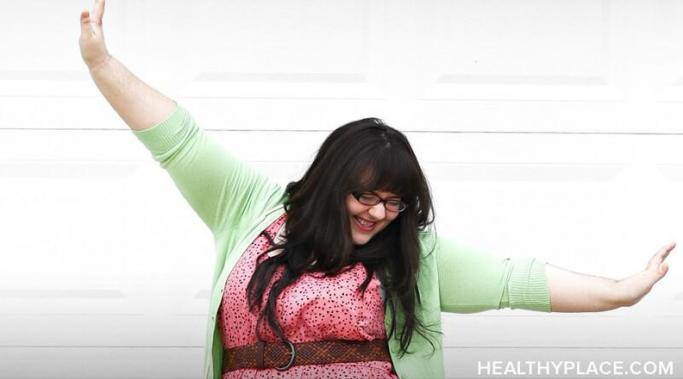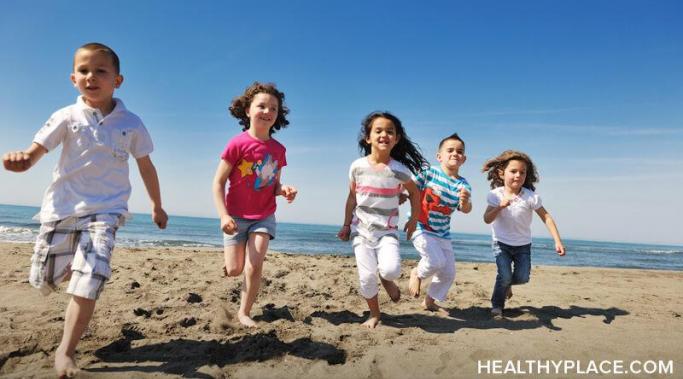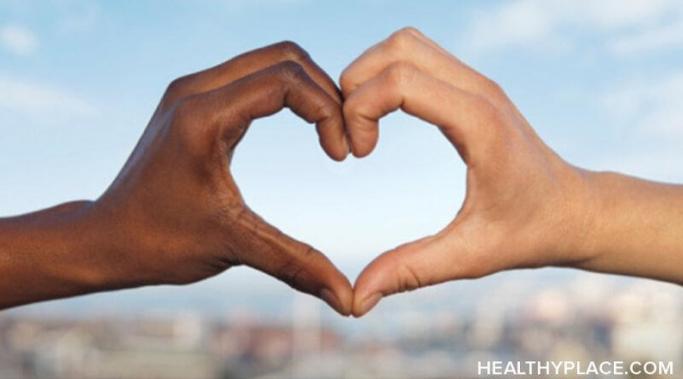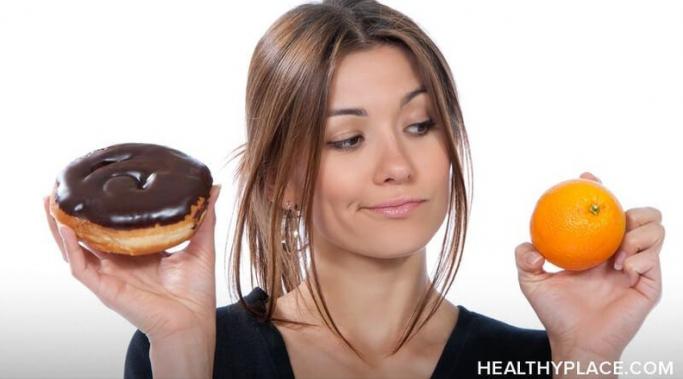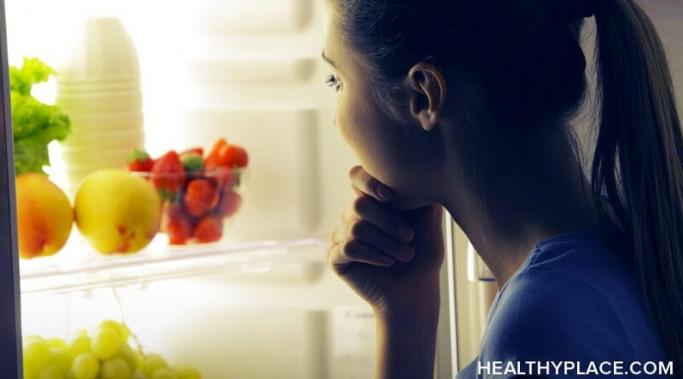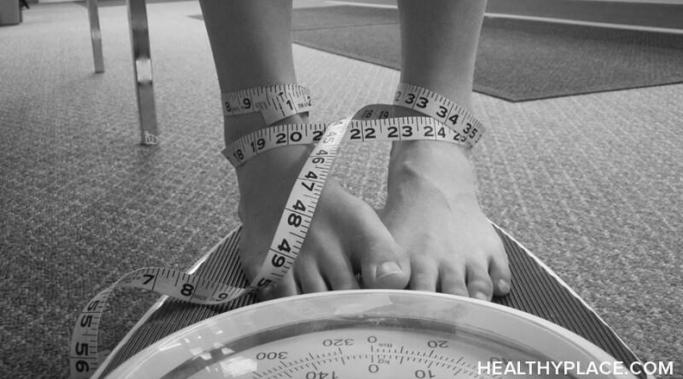I've been writing about eating disorder recovery with HealthyPlace for just over a year now, and during my time with this wonderful community, I've learned so much about myself, the community members, and more about my disease than I thought possible. It's been unforgettable. However, late last year, I began to suffer from something that is common to those of us who write about our trauma.
About Surviving ED Authors
No one ever said parenting would be a walk in the park, and I knew that parenting in eating disorder recovery would be challenging, but I was not prepared for how challenging it would be. I am the mother of four children under 10 years of age. I have two boys and two girls. Every day, especially as my kids get older, I am aware of how the things I say--and don't say--can affect their feelings about their bodies and their relationship with food.
In this video blog post, I am going to share with you my favorite eating disorder recovery tool. Meditation, yoga, and walking are great ways to relax but they've never worked for me. The reasons they've never worked for me are largely personal, but they boil down to the fact that they lack what I perceive as incentives.
As far as years go, 2020 has been difficult in a great many ways, but it's also taught me a lot about my eating disorder recovery. I expected a year like this one to break me; I was almost waiting for it. I'm not going to lie: there were some close calls.
Relationships are challenging at the best of times, but when you're dating someone in eating disorder recovery, they can be even more so. After all, eating disorder recovery is a time when people should be focused on building a healthy relationship with themselves. Throwing another person into the mix complicates an already complicated situation.
Learning to eat healthily is an important part of eating disorder recovery; however, when it comes to celebrating special occasions, like Christmas, I steer clear of healthy holiday baking. The reason is simple: learning to have a good relationship with food means not vilifying it, even if it has little nutritional value.
I'll state the obvious: dating someone in eating disorder (ED) recovery can be difficult. Since my husband and I are coming up on our 11th wedding anniversary, I'd thought I'd take the opportunity to talk about the challenges of forming healthy relationships when one party is struggling with an ED.
Whether you're looking for the best diet for eating disorder recovery or the best diet, period, there is only one answer—and that answer surprises a lot of people. The reason it surprises so many people is that the answer is so simple.
When I was new to eating disorder recovery, I thought it would dominate my life. I thought about it all the time. I was in constant fear that I'd somehow fail, and fall back into the grips of the disease, and lose sight of why I was trying so hard to get better in the first place. Everything I read about eating disorder recovery made it seem like it was a lifelong, grueling, exhausting battle. It turns out that statement was only partially correct. Yes, eating disorder recovery is a lifelong process, but it is not a process that will dominate your life.
I've already written about exercise in eating disorder recovery, but what I have not written about, specifically, is the role of strength training in eating disorder recovery. Everyone's road to recovery is different, but for me, taking the emphasis off weight loss through cardiovascular training and putting it on becoming stronger through resistance training was life-changing.
